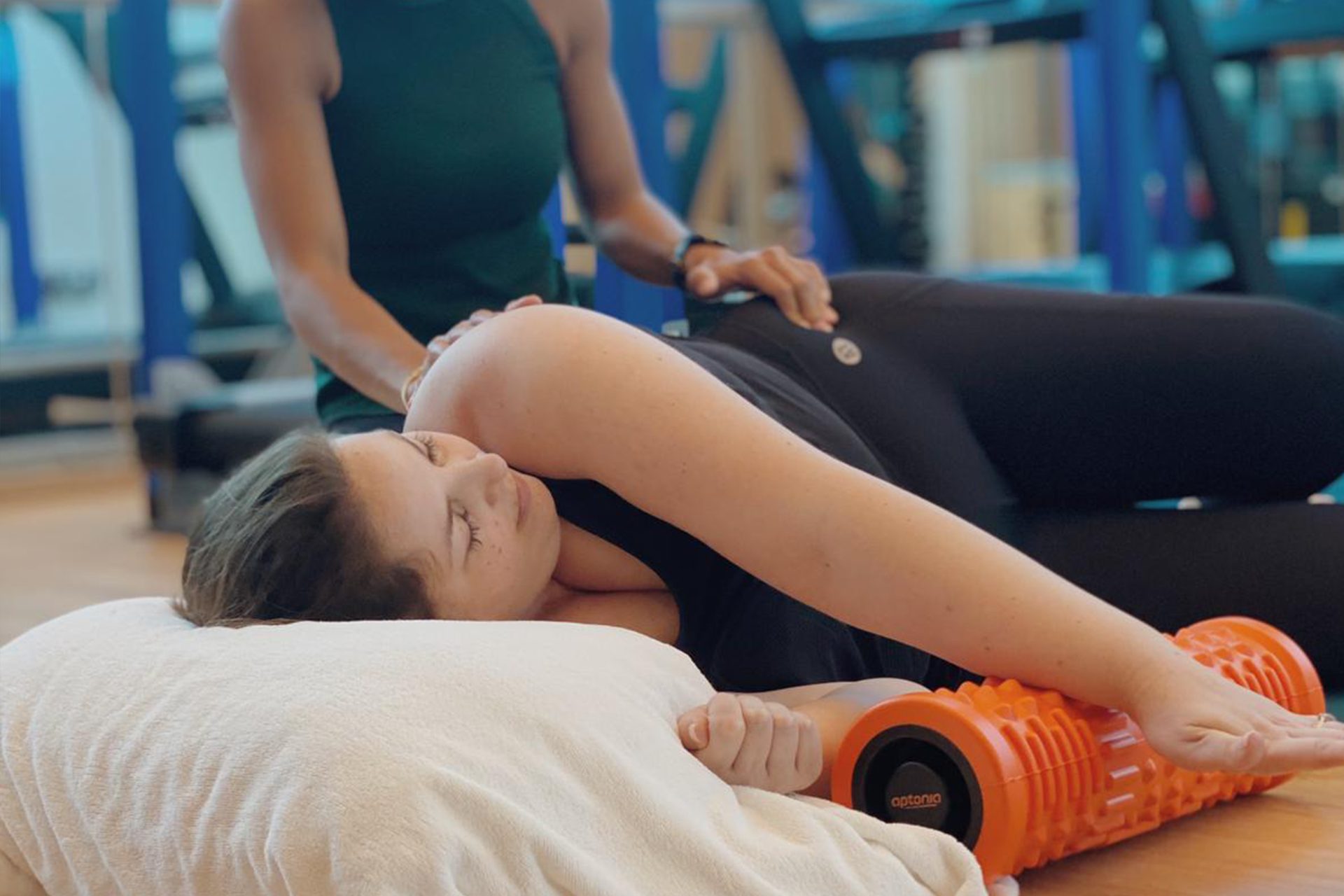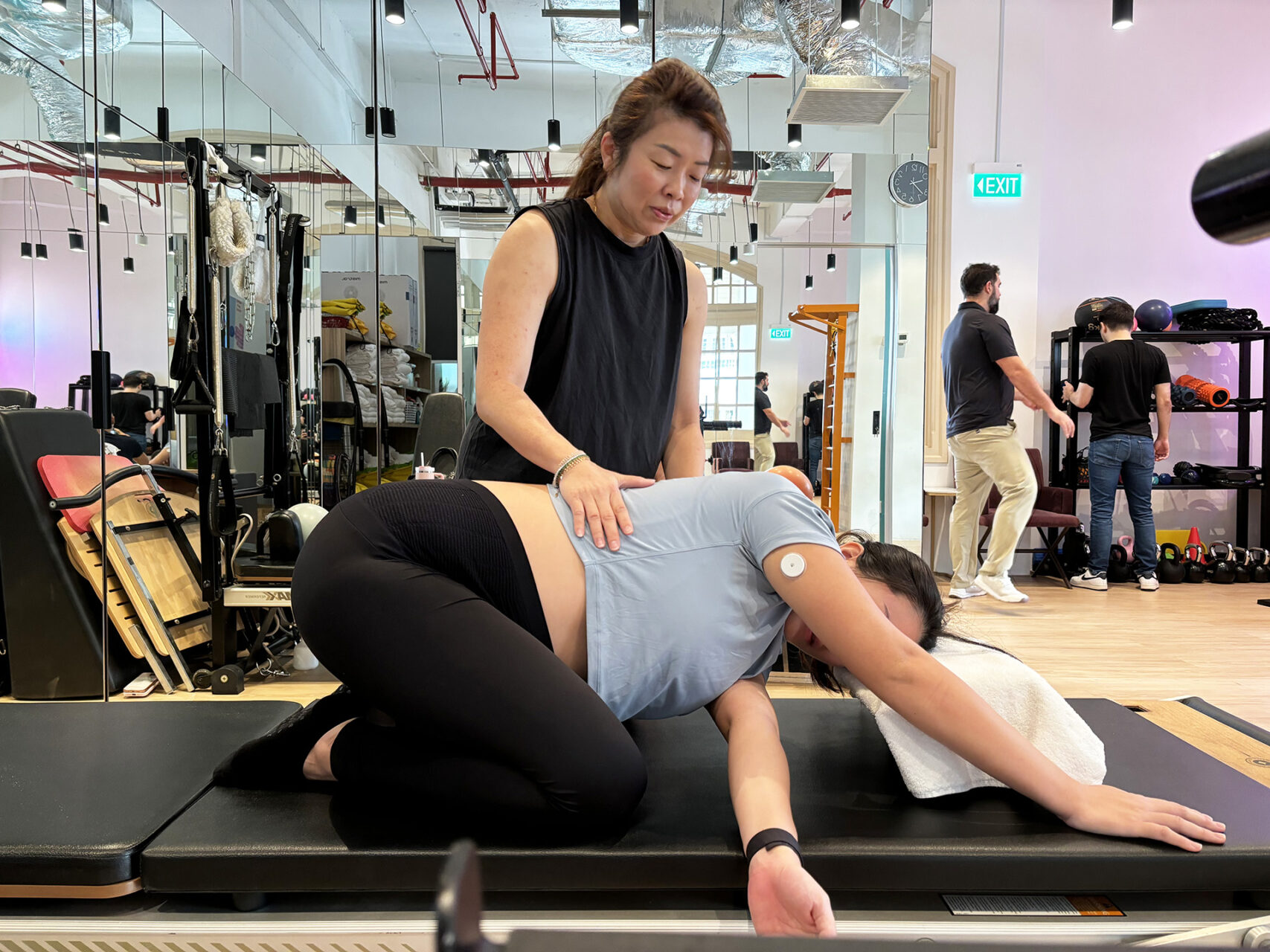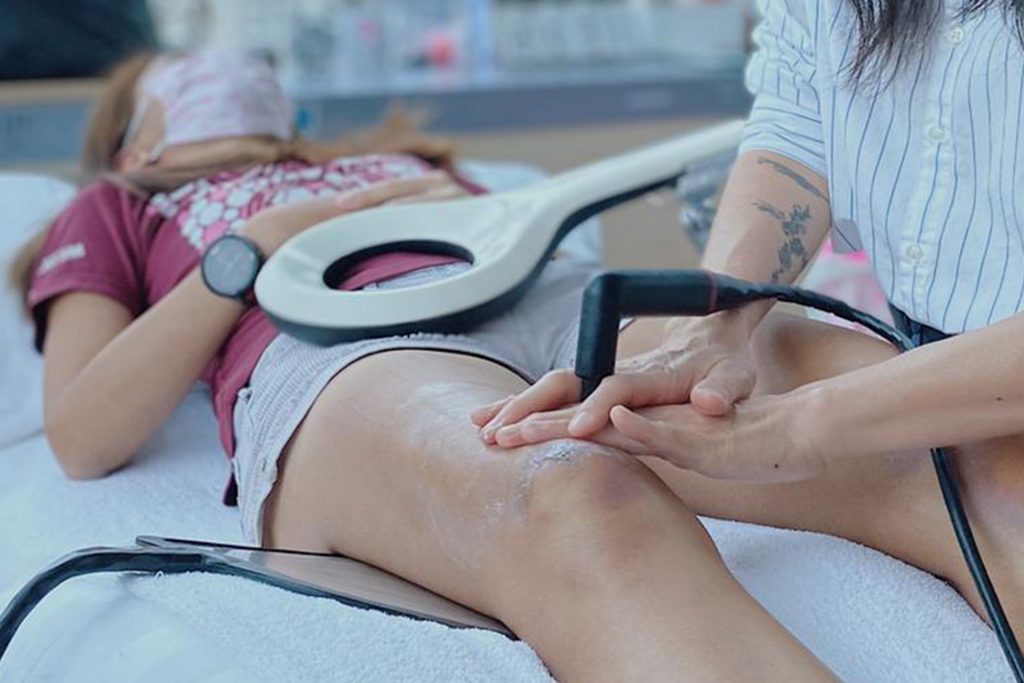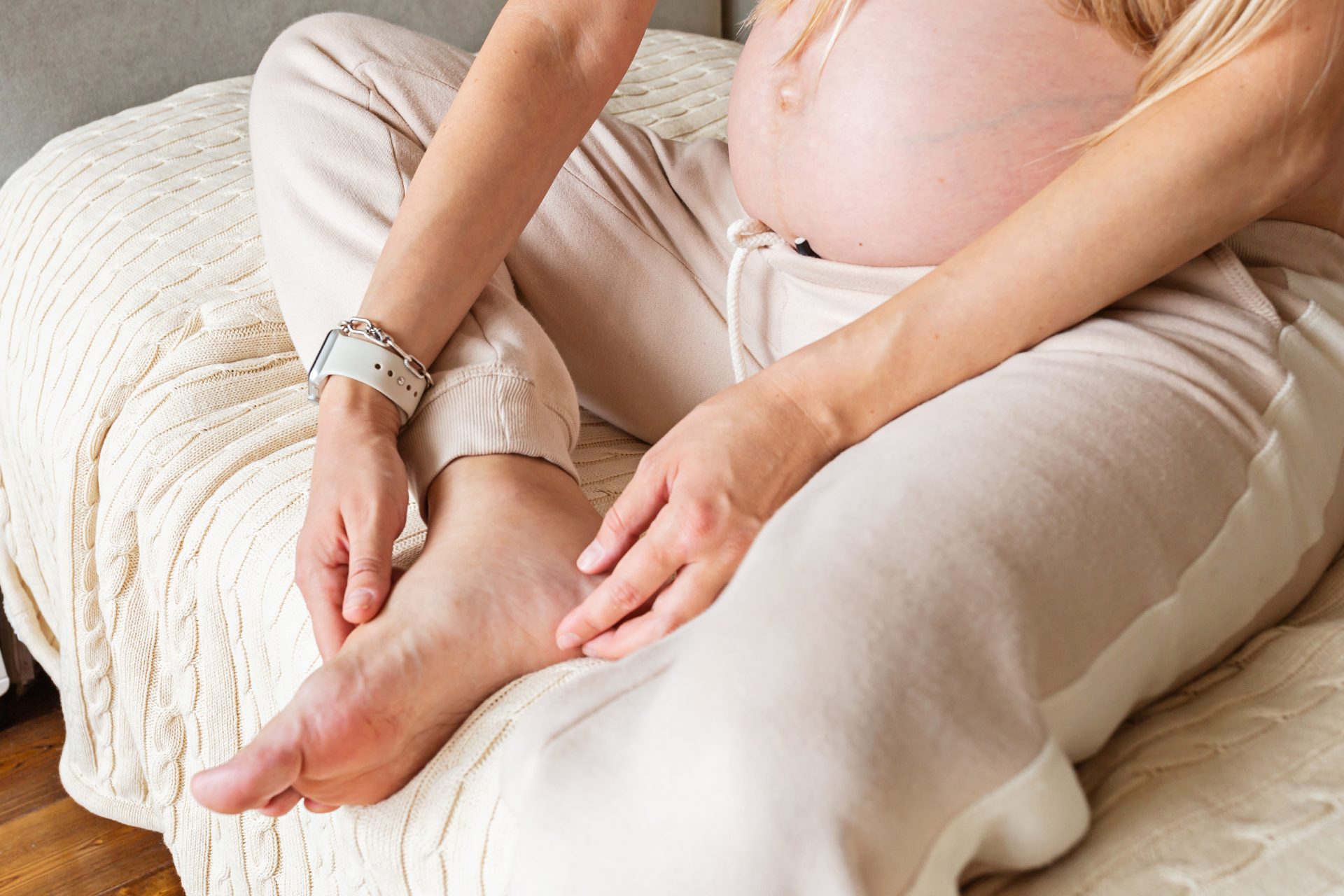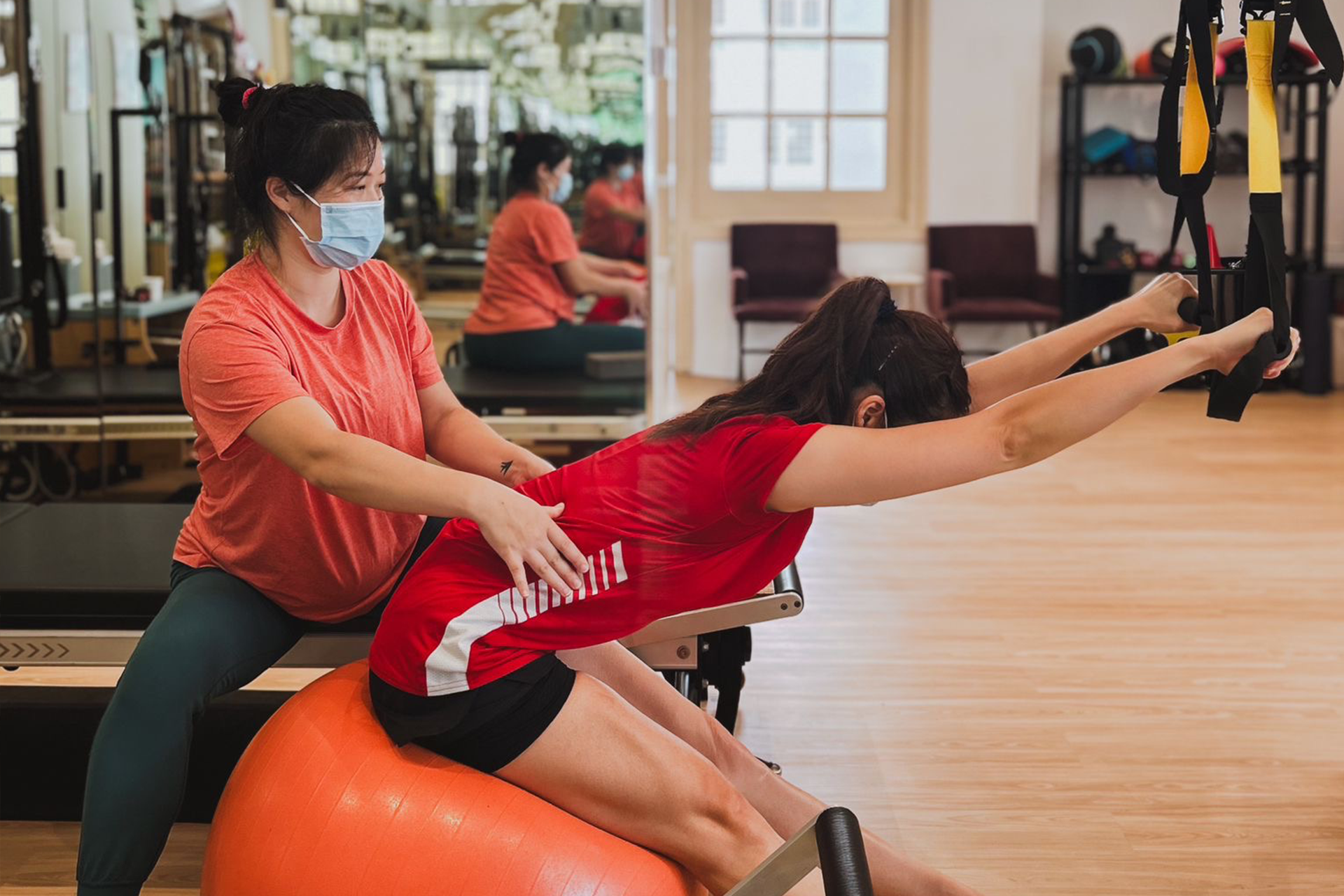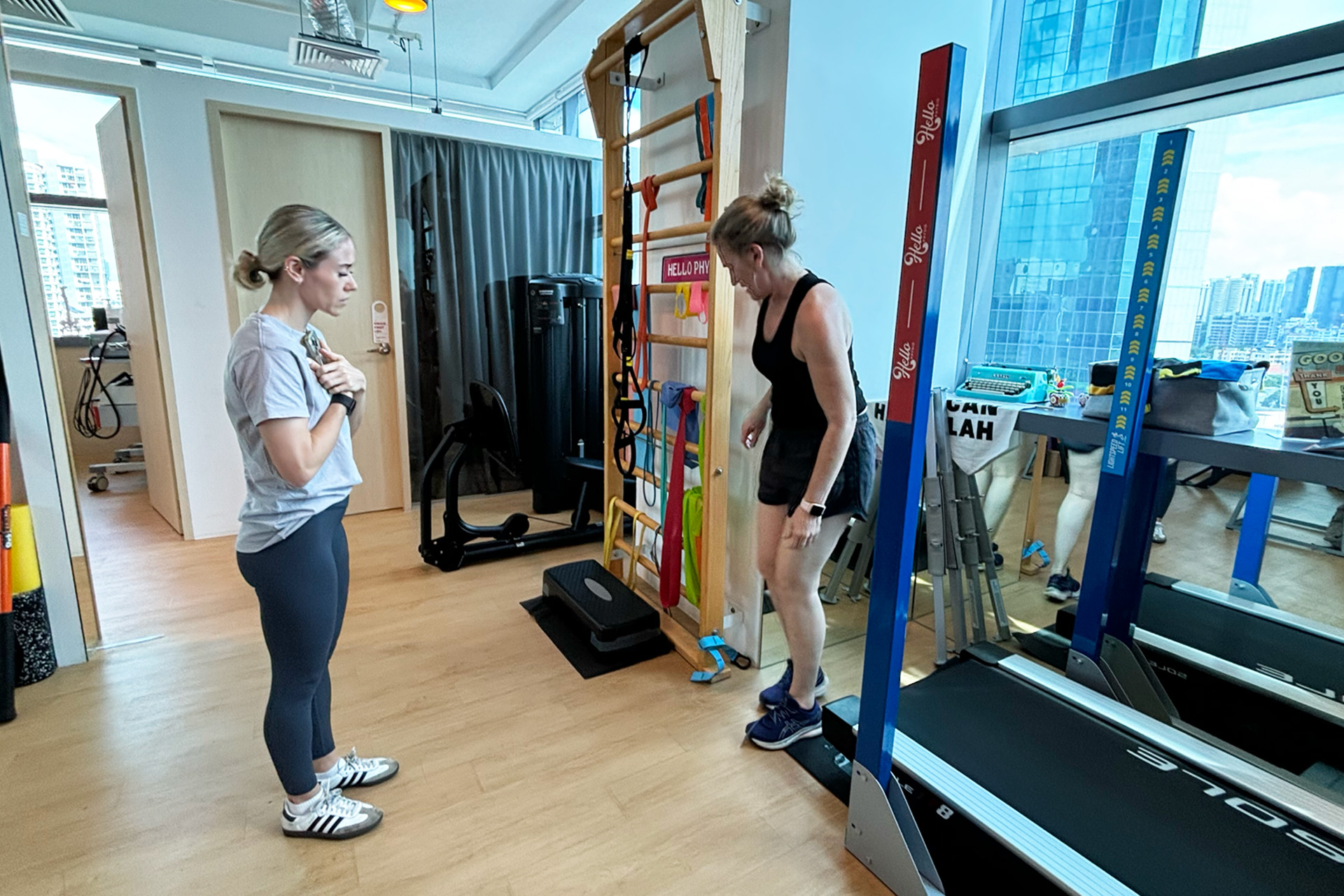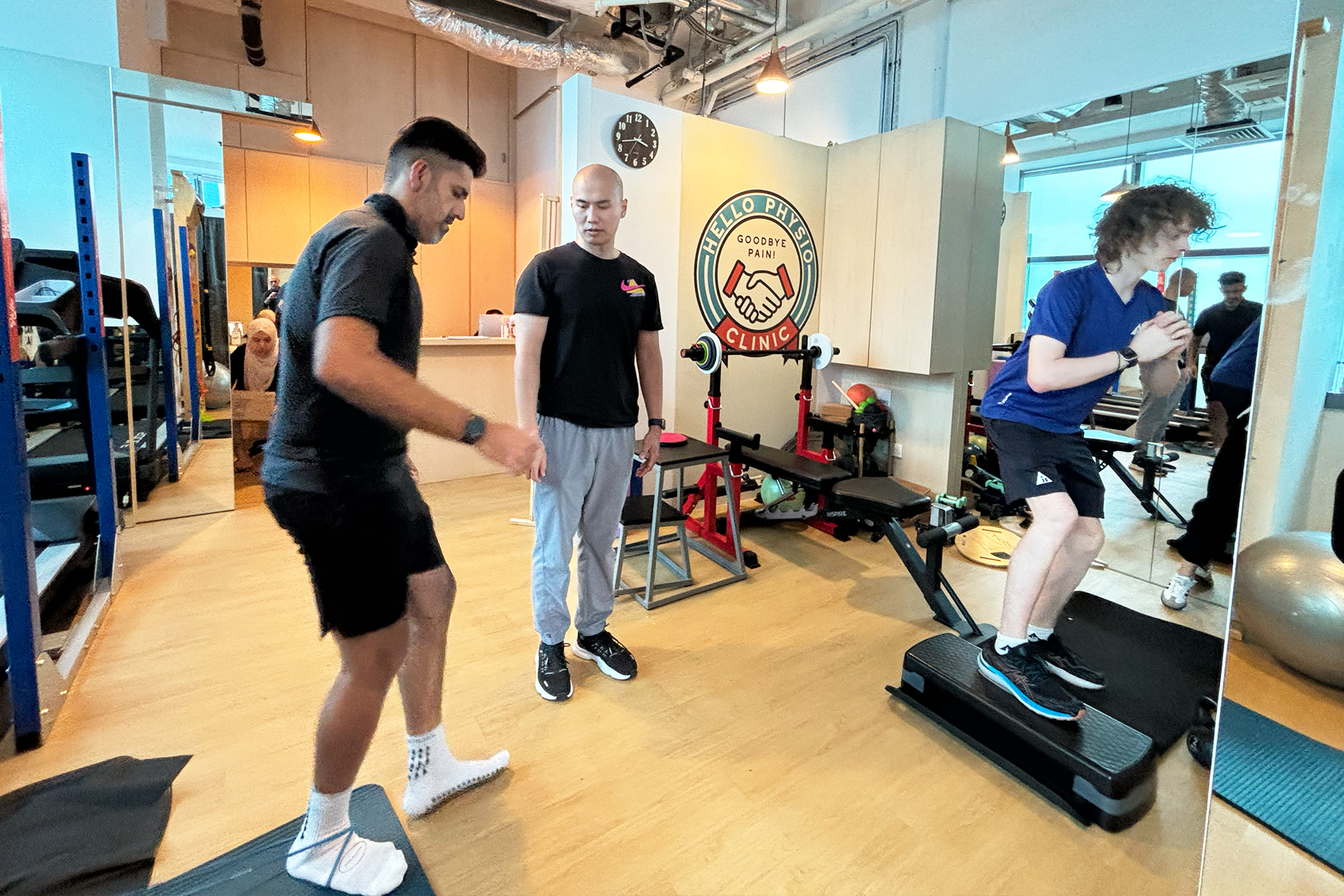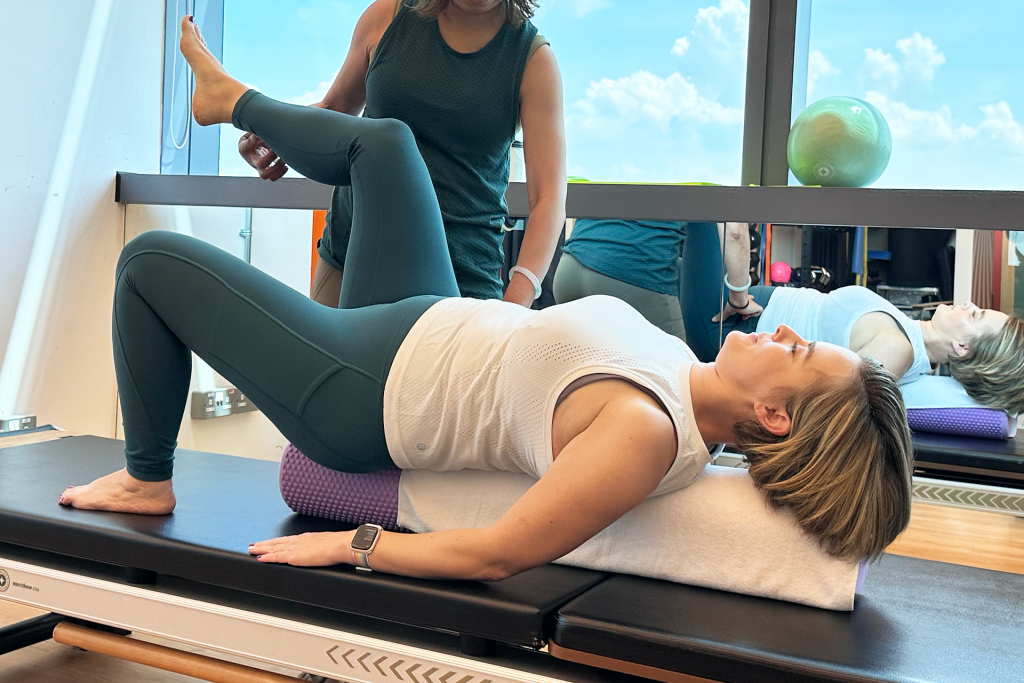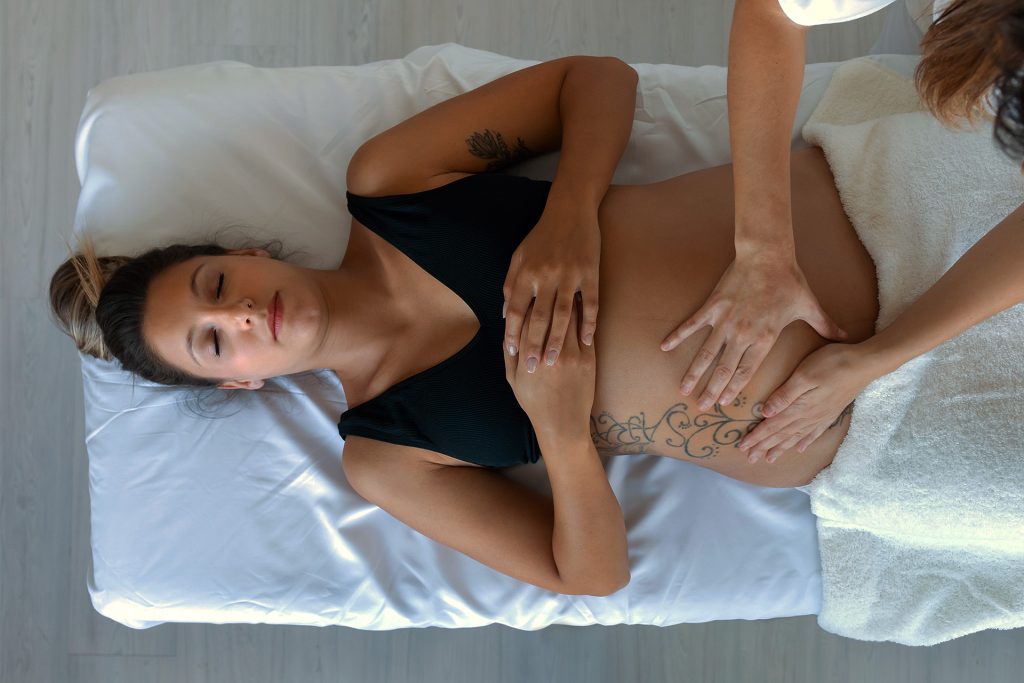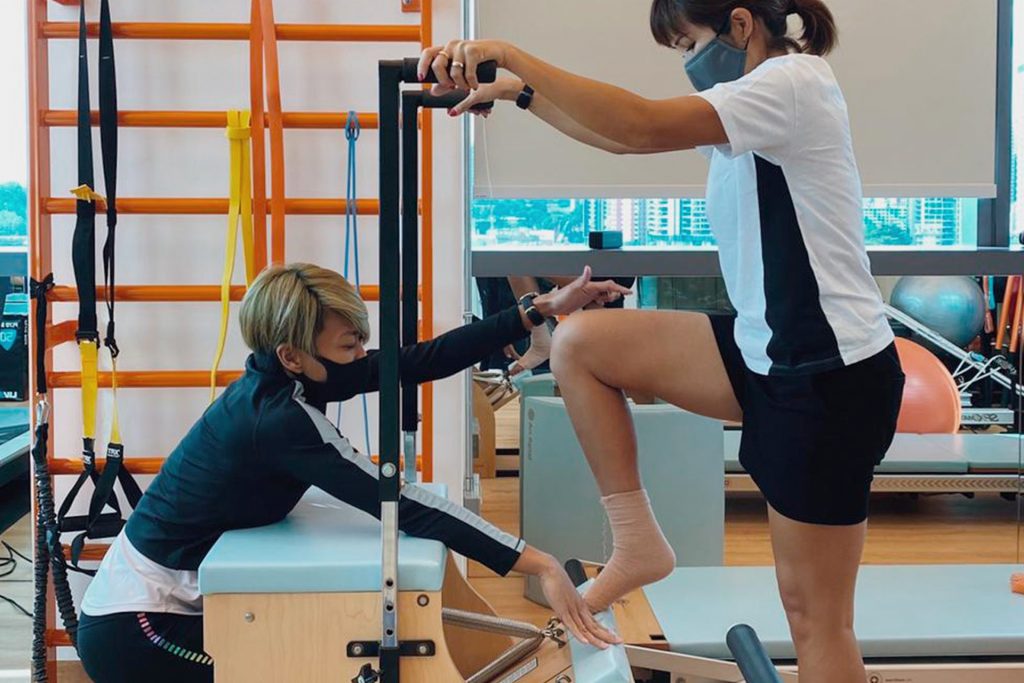|
Getting your Trinity Audio player ready...
|
Why Choose Physio-Led Prenatal Pilates for Strong and Supported Pregnancy?
Regular Pilates classes, while excellent, may not be specifically tailored to the unique needs of a pregnant woman’s changing body.
Unlike a regular Pilates class, a clinically-led Prenatal Pilates physiotherapist or trained instructor focuses on modifications and progressions that consider your trimester, fitness level and any pregnancy-related musculoskeletal concerns you may have. This targeted approach ensures optimal results, minimizing discomfort and maximizing your well-being throughout pregnancy.
You can safely start prenatal Pilates as soon as you find out you’re pregnant, although some women may prefer to wait until the second trimester (after week 13). It’s always recommended to consult a physiotherapist or healthcare provider before starting any new exercise program during pregnancy, especially if you have any concerns.
Physio-led Prenatal Pilates isn’t merely an exercise routine — it can be a core component of prenatal care.
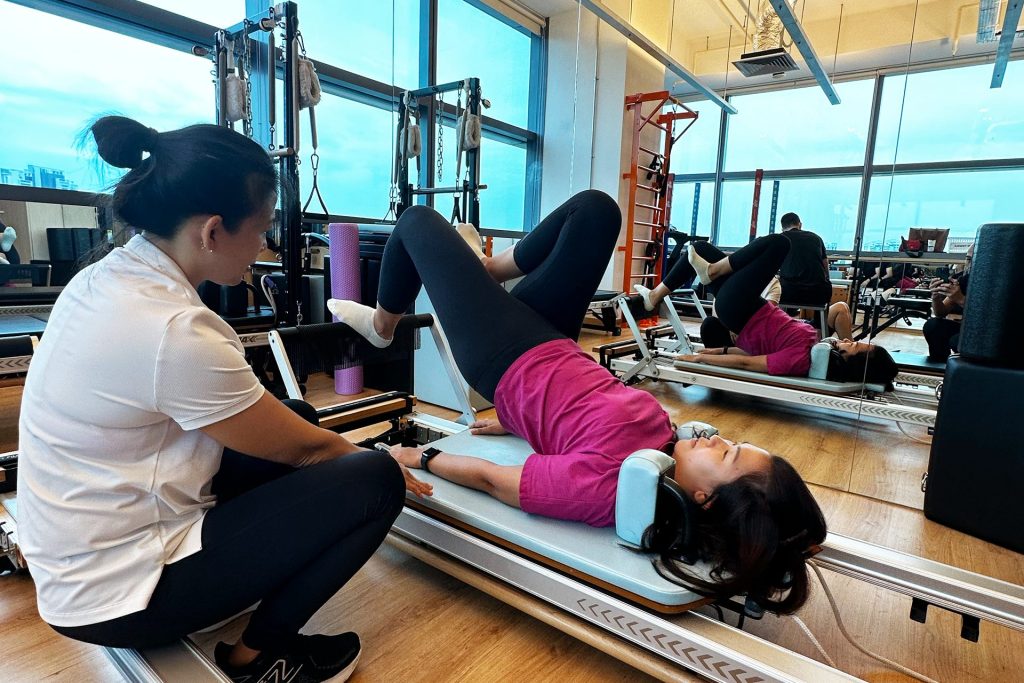
Tailored specifically for the unique demands of pregnancy, this approach leverages the expertise of physiotherapists and Clinical Pilates instructors in a one-on-one session to adapt exercises safely for each trimester, focusing on strength, flexibility and addressing common musculoskeletal issues.
This personalized guidance reduces discomfort and enhances overall well-being, empowering expectant mothers to improve their health and confidently prepare for childbirth.
How Is Prenatal Pilates Different from Regular Pilates?
Prenatal Pilates differs from regular Pilates when guided by a clinically trained physiotherapist or Clinical Pilates instructor who tailors the program to address specific conditions like lower back pain or pelvic girdle pain more effectively than general, one-size-fits-all classes.
Group Pilates classes may overexert the body. Using their advanced training, a physiotherapist, aware of pregnancy-related conditions such as diastasis recti, pelvic girdle pain and sciatica, can modify exercises to prevent discomfort.
Prenatal Pilates accounts for pregnancy-induced body changes, emphasizing strengthening the deep core and pelvic floor muscles to support the uterus and facilitate labor and delivery. It also includes techniques like diaphragmatic and pelvic floor breathing to aid relaxation, oxygenation and core engagement during childbirth.
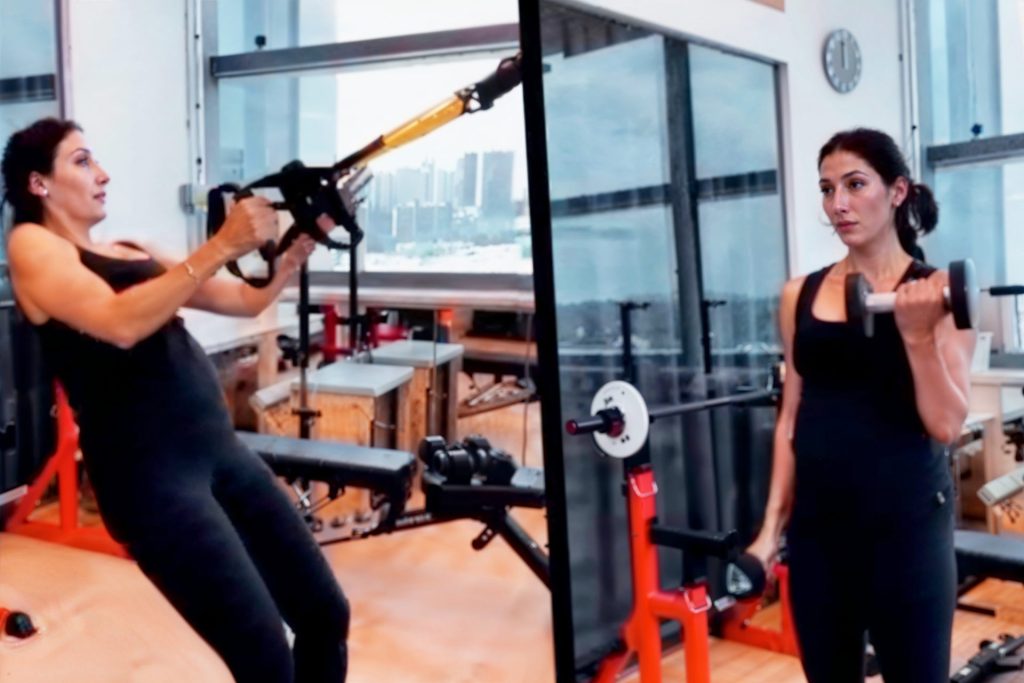
Flexibility and mobility are core tenets of Pilates, and that’s no different for Prenatal Pilates. It may be even more critical, as pregnancy can lead to stiffness and reduced flexibility in certain body areas. Prenatal Pilates incorporates gentle stretching exercises that can help improve flexibility, increase range of motion, and alleviate muscle tension, promoting overall comfort and well-being.
With their understanding of the body’s mechanics and the effects of pregnancy on it, physiotherapist-led Pilates can adapt exercises to ensure safety and efficacy. They can provide alternatives that are more suitable for late-stage pregnancy or those experiencing specific issues like balance problems or sciatica.
After delivery, a physiotherapist can guide the transition to Postnatal Pilates, focusing on recovery and rehabilitation. This ensures a safe return to exercise, addressing any postpartum issues such as pelvic floor dysfunction or diastasis recti.
Book an Appointment
Why Does Prenatal Pilates Place Emphasis on the Pelvic Floor?
Pelvic floor health is critical for pregnant women because strong pelvic muscles support the growing uterus, aid in labor, and reduce the risk of incontinence and pelvic organ prolapse.
Hormonal changes and the weight of the baby strain these muscles during pregnancy. Prenatal Pilates can help manage these changes through specific pelvic floor exercises such as Kegels and pelvic tilts, strengthening the mind-body connection.
Strengthening the pelvic floor muscles can enhance bladder control, reduce the risk of urinary incontinence during and after pregnancy, and support the pelvic organs as the uterus expands. Good pelvic floor health is crucial for a smoother childbirth experience and long-term well-being for both mother and baby, and it can be achieved through Prenatal Pilates.
Begin a New Chapter and Discover Prenatal Pilates with Our Compassionate Experts
When guided by an expert physiotherapist or Clinical Pilates instructor, Prenatal Pilates transforms into a bespoke retreat for your pregnancy journey. This tailored approach addresses specific ailments like lower back pain and pelvic discomfort, offering a secure and beneficial practice for every stage of pregnancy.
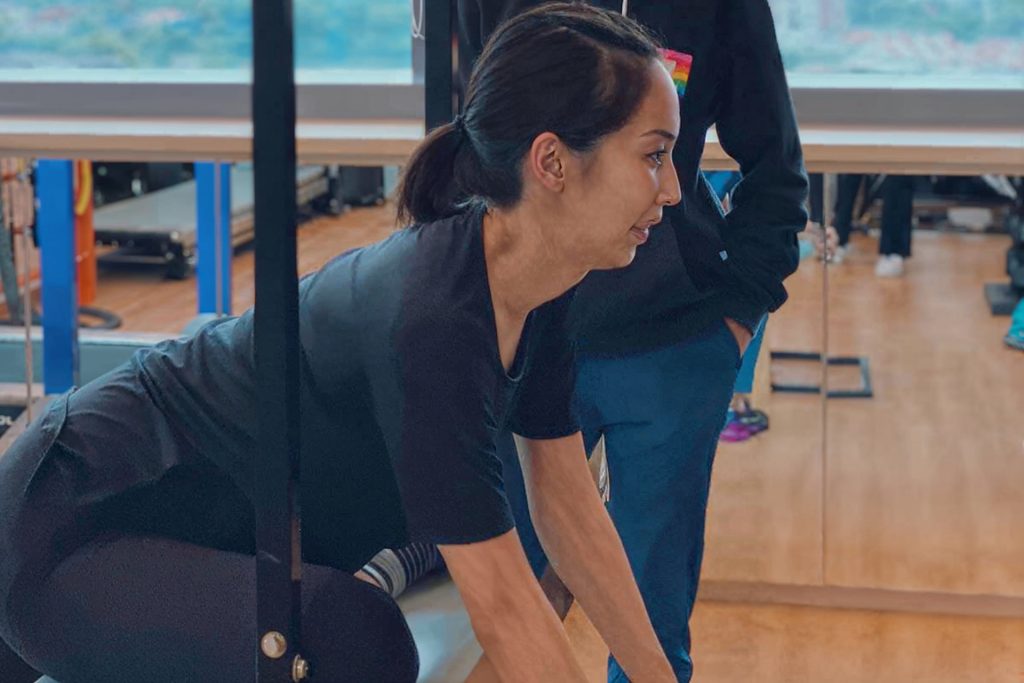
Navigating pregnancy can be an emotional whirlwind filled with excitement, anticipation, and moments of stress. Prenatal Pilates serves as a serene refuge, blending gentle exercises with deep breathing to foster tranquility and resilience in both body and spirit, preparing you for the profound journey ahead.
Embarking on this journey provides more than physical benefits. It’s an opportunity to deepen your connection with your unborn child, enhance your well-being and approach childbirth with assurance.
If you’re ready to explore the transformative power of Prenatal Pilates, reach out to HelloPhysio today to schedule an appointment for Prenatal Pilates in Singapore at our Orchard (Novena) or Raffles Hotel Arcade clinics.
Prenatal Pilates FAQs
Is Prenatal Pilates safe during pregnancy?
Yes, under the guidance of a certified physiotherapist, Prenatal Pilates is safe and beneficial for pregnant women. Prenatal Pilates is adapted to accommodate the changing needs and limitations of pregnancy.
Can I start Prenatal Pilates if I've never done Pilates before?
Prenatal Pilates is suitable for all fitness levels, including beginners. Your certified physiotherapist will guide you through modified exercises tailored to your needs and pregnancy trimester.
When is the best time to start Prenatal Pilates?
You can start Prenatal Pilates anytime during pregnancy, ideally after consulting your healthcare provider. Many women begin in their first trimester and continue throughout their pregnancy.
What modifications are made in Prenatal Pilates for later pregnancy stages?
As pregnancy progresses, Prenatal Pilates adapts exercises to accommodate a growing belly, focusing on safety and comfort while targeting essential muscle groups, particularly around the pelvic area.
Can Prenatal Pilates ease pregnancy-related back pain?
By strengthening the core, improving posture, and enhancing flexibility, Prenatal Pilates can alleviate common pregnancy-related back pain, offering a non-medical approach to managing discomfort.
Will Prenatal Pilates help with postpartum recovery?
Yes, Prenatal Pilates can help prepare your body for childbirth and aid in postpartum recovery. Strengthening core muscles and maintaining pelvic floor health can contribute to a smoother recovery after giving birth.

